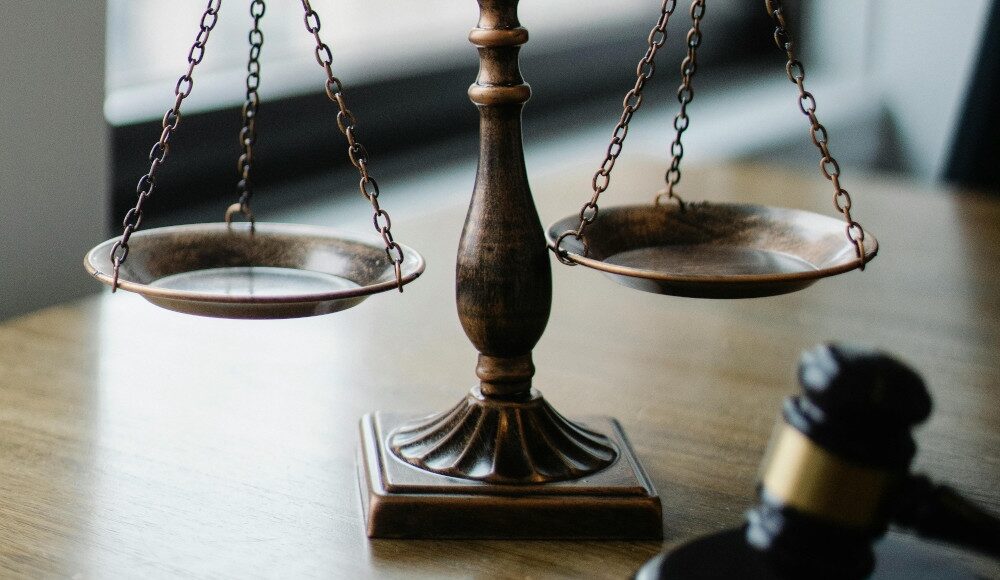JUNE 20 — Section 11(1)(a) of the Whistleblower Protection Act 2010 (Act 711) says that an enforcement agency (EA) “shall revoke” a whistleblower protection if EA is of the opinion, based on its investigation or in the course of its investigation that the whistleblower himself has participated in the improper conduct disclosed in his report to the EA.
The word “shall” means must; there is no discretion.
Some reformists have called for, among others, that “shall” be substituted with “may” to allow for discretion in the EA to allow whistleblower protection in genuine cases where a whistleblower is remorseful and has repented his participation in the improper conduct.
Be that as it may, the EA “shall give a written notice to that effect to the whistleblower” — Section 11(2).
Aggrieved by the decision of the EA, the whistleblower may refer the decision to the court for determination — Section 11(3).
The court may make an order for the preservation of the whistleblower protection and may also make such consequential orders necessary to give effect to the order for relief — Section 11(4).
Section 11(1)(a) of the Whistleblower Protection Act 2010 (Act 711) says that an enforcement agency (EA) “shall revoke” a whistleblower protection if EA is of the opinion, based on its investigation or in the course of its investigation that the whistleblower himself has participated in the improper conduct disclosed in his report to the EA. — Pexels pic
There is no carte blanche protection, yet there is redress for the decision to revoke protection.
Accordingly, there is nothing shocking if a whistleblower who has co-operated with authorities is later informed he would be charged in court on June 30.
In any case, as I had written in December 2022, he who makes a report can be investigated, and charged if the investigation reveals an offence committed by him.
Such a course of action is not prohibited by Section 107(1) of the Criminal Procedure Code (CPC) which deals with information relating to the commission of an offence. It does not in any way prescribe the persons to be charged following the investigation.
Following investigation, the person who makes a report can himself be charged if the investigation reveals an offence committed by him.
Nothing shocking about he who reports ending up being charged for an offence.
*This is the personal opinion of the writer or publication and does not necessarily represent the views of Malay Mail.





